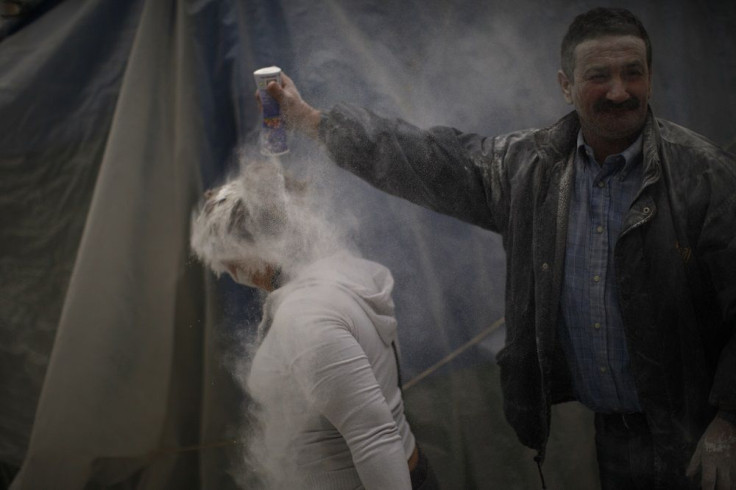More bad news for Johnson & Johnson as new Boston study confirms higher risk of ovarian cancer due to talc powder use on genitals

Users of Johnson & Johnson’s baby powder who have filed a lawsuit against the company for exposing them to risks of ovarian cancer for using the product for feminine hygiene now have added evidence in their favour. Besides the landmark decision involving Jacqueline Fox and Deana Berg confirming the link between the ailment and talc powder, a new study made the same conclusion.
Previous studies were inconclusive on the connection between the two. However, the new study by researchers at Brigham and Women’s Hospital in Boston says that women who regularly apply talc on their genitals have a 33 percent higher chances of acquiring ovarian cancer, reports Maine News Online.
The study covered 4,000 women whose data the scientists analysed. Almost 50 percent of the women were diagnosed with ovarian cancer.
Dr Daniel Cramer, head of the hospital’s Obstetrics and Gynecology Epidemiology Center, points out that “Talc is a good drying agent, but women should know that if it’s used repeatedly, it can get into the vagina and into their upper tract. And I think if they knew that, they wouldn’t use it.”
Berg and the family of Fox say that warning about the risk should have been placed by Johnson & Johnson, which instead advertised the powder as helping keep feminine odour away by sprinkling their private parts with the powder daily. Cramer has joined them in pushing for the placing of warning on the product.
However, he also acknowledged that past studies had inconclusive evidence, so Cramer says it is still important to test the methods used in their analysis in other data to see if their findings are further confirmed.
The court decision in favour of Fox’s family, which resulted in the awarding of $72 million (AUD$100 million) damages brought once more to public attention the health risk of using talc powder. However, a new study by the Roswelll Park Cancer Institute says that at the molecular level, many tumours of ovarian cancer patients began in other organs or cell types, but metastasised to the ovary.
On its blog, in a post on Feb 24, Johnson & Johnson insists that the baby powder, being one of the oldest products of the company, is safe because it does not contain asbestos, is backed up by more than 30 years of research by independent groups, scientific review boards and global authorities, and has been found to be safe by research papers and epidemiology studies since the early 1990s.





















